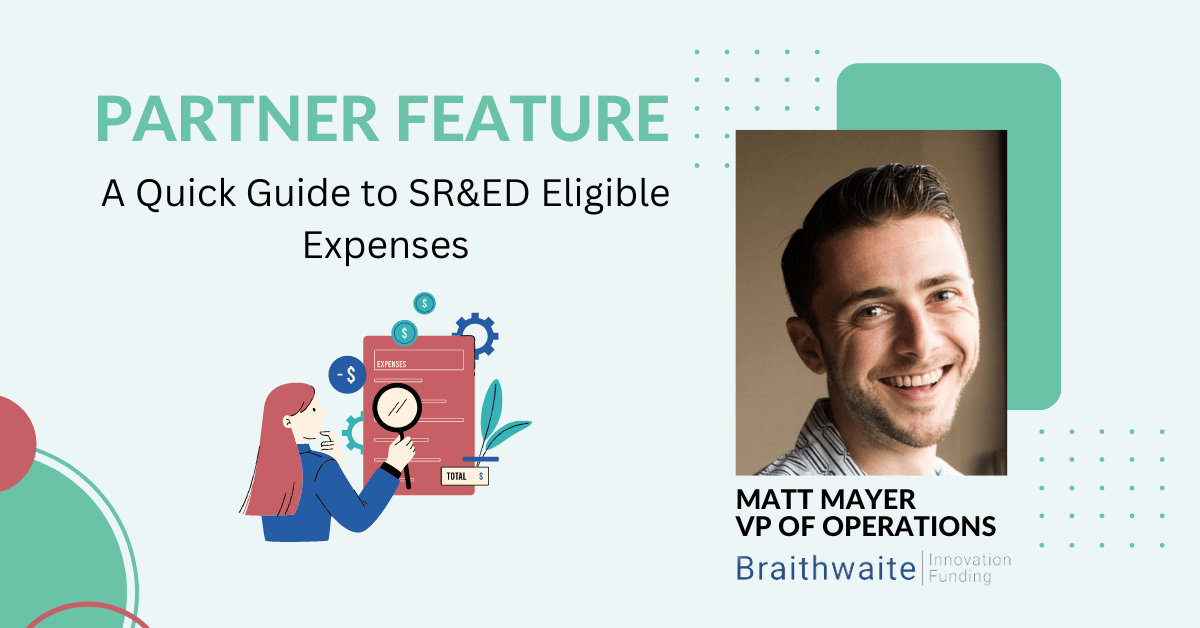How to Prepare for Raising Debt
Raising debt is one of the best ways to ensure that your new venture is properly funded, and it’s one of the tools that many entrepreneurs use nowadays. However, it requires preparation and a calculated approach to ensure that you’ll get good results, and if you are not careful in the planning stage, you’re going to face a lot of trouble later on. Here are some quick tips on how to prepare yourself for raising debt.
Knowing the value of your company
One of the critical points about raising debt is to understand exactly what you’re bringing to the market, and how much value you’re creating in the first place. There are many ways to define that, depending on the specific market you’re working in and the kind of product you deliver. You’ll need some good analytical capabilities in order to get an adequate overview of the situation – but it’s time well spent. By knowing the value of your company, you can trade off the cost of debt and equity. The rule of thumb is earlier stage and faster-growing companies benefit more from debt.
The roadmap
Another important detail here is that you should also have a solid roadmap for the next few years. You need to not only understand what your company is worth right now, but also have an actual goal to work towards, and a plan for how you’re going to chase it. You need to set some targets for your company in the future and have a good plan for achieving it. You must also have a good idea of how long it will take to reach that stage, and what possible delays there will be along the way. This cash flow planning is key to ensuring you have sufficient funds to grow.
Risks
It’s entirely possible that your venture will fail – it’s just the way businesses go. It’s important to have some idea of how likely that is to happen, how to mitigate risks, and to have a fallback plan in the event everything goes sideways. It’s not such a big deal if your company fails – although of course, you’re trying to avoid that as much as possible – but you must make sure that you know exactly what you’re going to do to pick up the pieces and move on if that happens. You’re trying to build up funding for that company, and the people providing you with these funds will want to see that you’re serious about what you’re doing and have a solid plan for every step of the way.
Build a solid team
You should not go into this alone. The modern markets are always ruthless and will eat you up if you’re not prepared – and you can rarely cover all your bases yourself. This makes it important to have a solid team of specialists guiding you through every complicated part of the process. That’s not just a good idea from a business point of view – it will also look good in the eyes of potential investors.
After all, nobody wants to finance a one-man venture unless you’re someone like Elon Musk – and even then, you’d probably raise a few eyebrows by announcing that you don’t have a team of specialists in your pocket. This applies even more to advisors – you need to make sure that you have a competent team of experts providing you with guidance about the trickier parts of the ordeal.
Note that this might not seem directly relevant to raising debt and is usually associated with other forms of fundraising, but it’s an important point to make for pretty much any business, and you can’t really afford to lack anything in this department. The slightest hint of incompetence will be enough to get you swept away by the public, and you’ll find it hard to recover your position on the market after that no matter how good your offer might be.
Plus, having a good team of advisors will prove invaluable in figuring out what to do with the new capital you’ve raised.
Understand the benefits of debt financing
It’s also a good idea to make sure that you have a solid understanding of what exactly debt financing can do for you, and whether it’s the most ideal solution for your business right now. There are many nuances to the different types of financing schemes out there, and debt financing is by far the best when it comes to retaining ownership of the company. Unlike other forms of investments, you retain full control of the company to the extent that you have right now.
On that note, you’ll also get to keep all profits generated in the future, and you won’t have to split them with other entities. This is probably the biggest benefit in the eyes of many entrepreneurs, and it’s indeed an important factor to consider in your financial planning. You’ll be able to deduct the debt financing charges from your taxes, which can be a huge benefit to your operations in the present as well.
For most companies though, it should be a great way to boost their funding without diluting the control over the company or causing other potential problems. It’s also a good way to probe the market in a safer manner without having to build up funding from other sources. Do make sure that there is no better alternative available to you at the moment though, as it’s sometimes possible that you’re missing an important part of the big picture.
Understanding short-term vs long-term
You also need to understand the different types of debt financing with regards to the duration and make sure that you’re choosing the right model for your own business. Sometimes extending the debt for a longer period of time may not actually be beneficial to your operations, despite the fact that it tones down your expenses. In fact, many advisors would tell you that it’s a good idea to consider short-term prospects as much as possible and only go for a long-term deal if you really have no other option.
In most cases, long-term debt should only be used for major purchases or shifts in business strategy that significantly affect the operations of the business over a longer period of time. This includes new machinery, property, large additional staffing, and others. It should be used for something that is a huge momentary expense but has the potential to bring in significant profits in the long term.
There is a lot to gain from a short-term debt that’s paid off in full without any issues, and this can also open up the doors to more substantial sums in the future, should the need for those arise. Note that the one-year distinction between short-term and long-term debts may vary from place to place, but it’s typical for most of Canada.
Working out small-scale issues separately
Last but definitely not least, it’s important to understand that not every single outstanding/pending expense should be financed with the debt that you’re about to take out. Sometimes, you’ll be able to handle smaller expenses separately. For example, if you have a bunch of minor expenses that you need to cover in a short time, you could use a credit card as a temporary solution. Sure, this is usually ill-advised and not the ideal way to run a business, but it can actually get you out of some tricky spots relatively easily and with pretty much no long-term repercussions. Make sure you familiarize yourself with all deals you can get in this area though, as the differences between interest rates on some cards can be significant.
Visit venbridge.com for more details on non-dilutive venture debt and tax credit consulting services. Venbridge’s services allow you to maximize your government tax incentives, better manage cash flow, and invest more in the areas you need.
+1-833-386-3632




